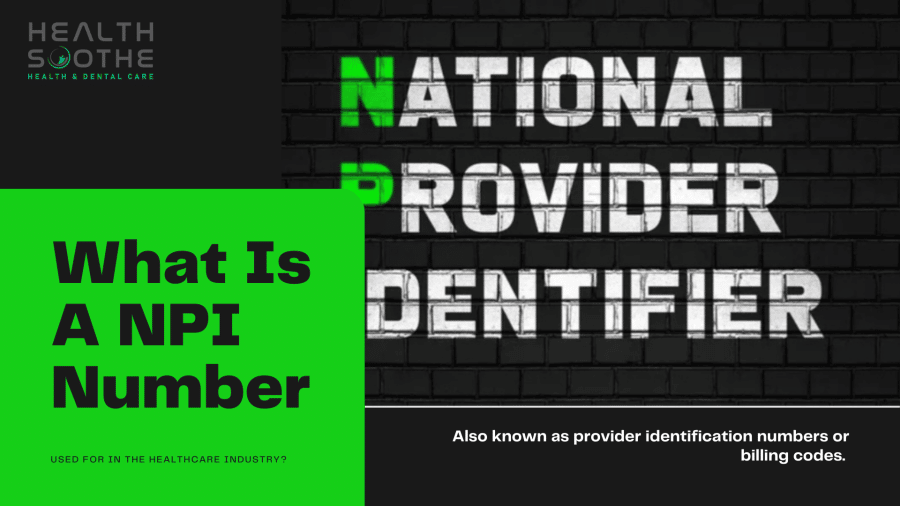A National Provider Identifier (NPI) number is a unique identifier used in healthcare to track the services and activities of licensed professionals. It is a ten-digit number assigned by the Centers for Medicare and Medicaid Services (CMS). An NPI number identifies individual healthcare providers, such as doctors, nurses, or social workers.
These identifiers are also known as provider identification numbers or billing codes. They allow a variety of organizations to bill Medicare, Medicaid, and other insurers for services provided.
Keep reading to find out what an NPI number is and how it’s used in the healthcare industry.
Why Do You Need An NPI Number?
Health plans and federal payers allotted identification numbers to healthcare providers and suppliers before the implementation of NPI numbers. The lack of uniform identification numbers among providers caused confusion in health records, as a single provider could have multiple identifiers from various insurance plans. The result was a duplication of identification numbers, making it difficult for healthcare providers to submit claims.
As a result of the NPI Final Rule, healthcare providers now have access to a unique health identifier. As a result of the national standard, healthcare providers can simplify the claims process and reduce their administrative burdens.
Any electronic health information submitted by a provider in connection with a transaction must contain their NPI. By simplifying the administration of the healthcare system and enabling the efficient transmission of certain health information electronically, the use of the NPI will improve the effectiveness and efficiency of the Medicare and Medicaid programs, as well as other federal health programs and private health programs.
What Is An NPI Number Used For?
The NPI number is used to identify any transaction made in compliance with HIPPA regulations. It can also be used for the following applications:
- By Healthcare providers for identifying themselves and other healthcare providers during transactions or correspondence related to healthcare;
- Attaching to patient's prescription by physicians.;
- Communication and transactions between health plans;
- To coordinate benefits with other health insurance plans;
- The identification of health care providers in electronic medical records of patients;
- To track providers in fraud and abuse cases and for other purposes as specified by the Department of Health and Human Services.
How Do You Get Your NPI Number?
Applying for an NPI number through the National Plan and Provider Enumeration System (NPPES) is a quick way for healthcare providers and organisations to obtain one.
It takes about 20 minutes to apply for an NPI number, and it can take as little as ten days to receive your number.
Providers must first register with the Identity & Access Management System and login to NPPES using those credentials.
Healthcare providers can apply for an NPI number in two ways: by filling out the paper form or through an organization acting on their behalf.
Summary
NPI numbers make medical billing more convenient by eliminating the need to repeat physician identification information, and they help improve revenue cycle management by increasing efficiency.
The Health Insurance Portability and Accountability Act (HIPAA) has mandated the use of NPI for all healthcare providers, provider organizations, and clearinghouses to accurately track healthcare serviced reimbursement. Therefore, any insurance claim that lacks a registered and valid NPI number will be rejected by health plans.

